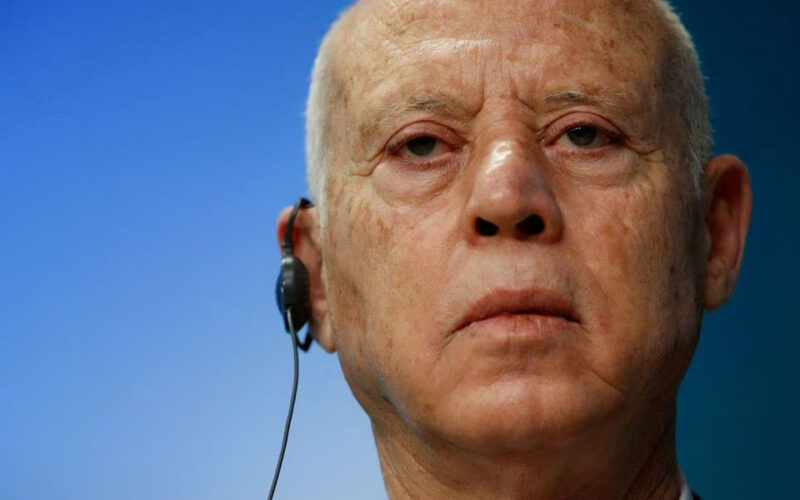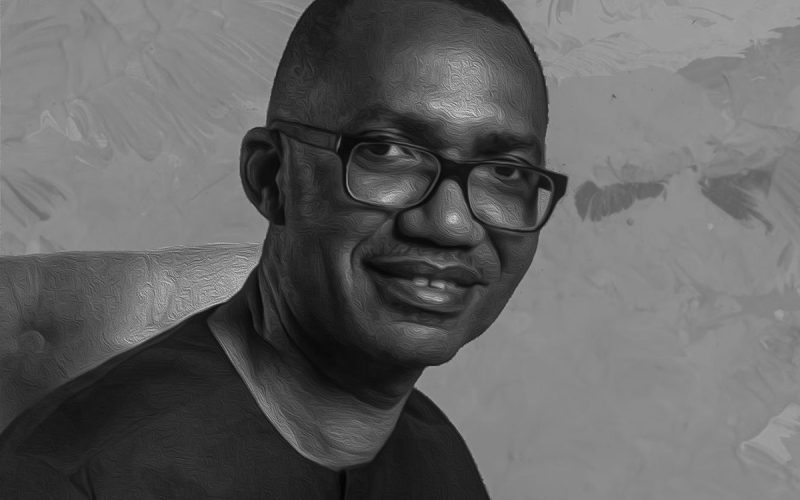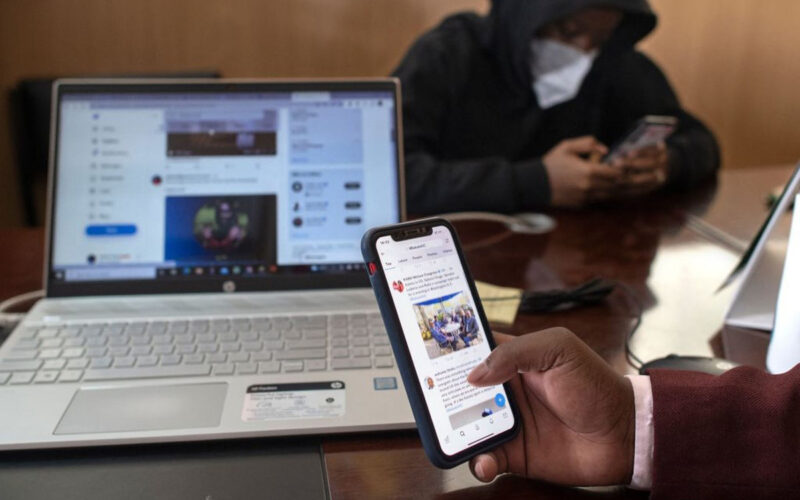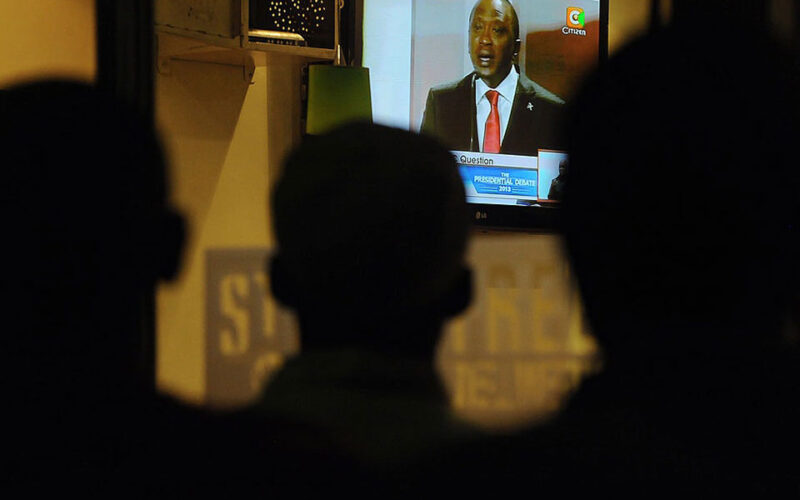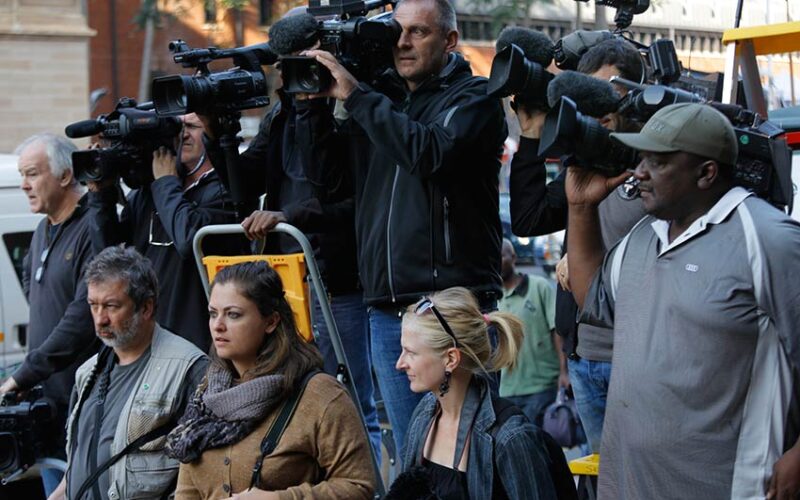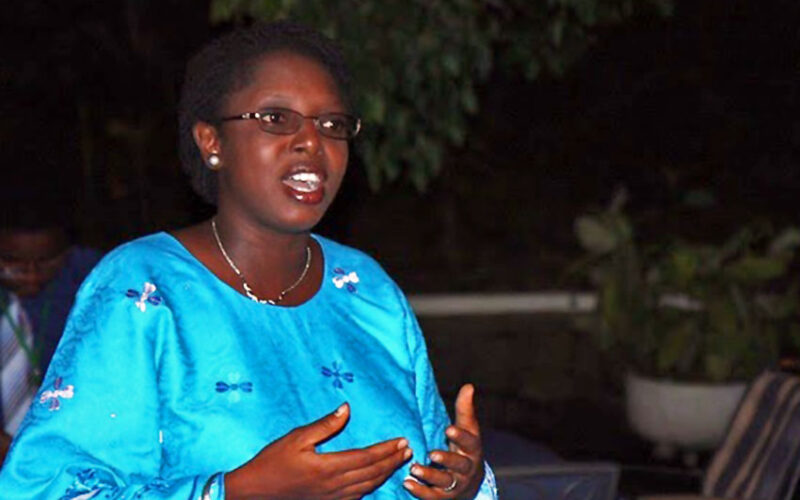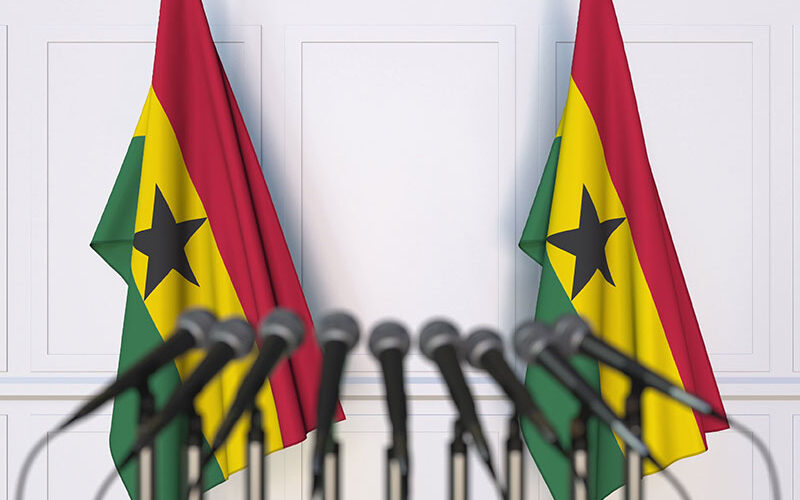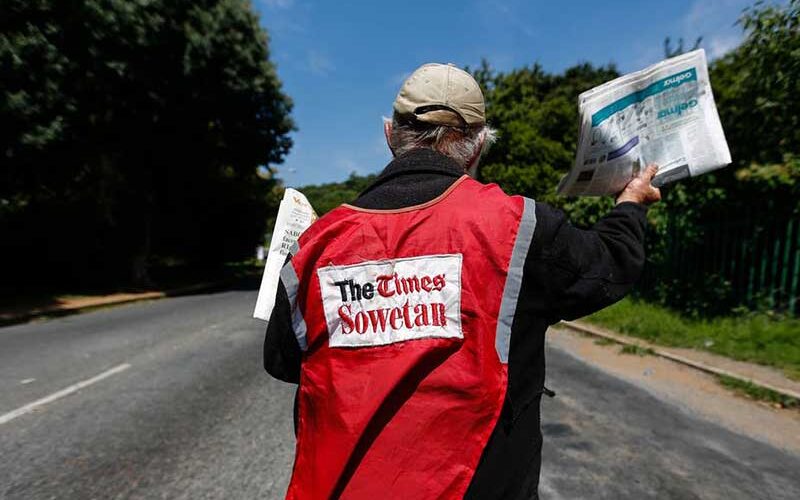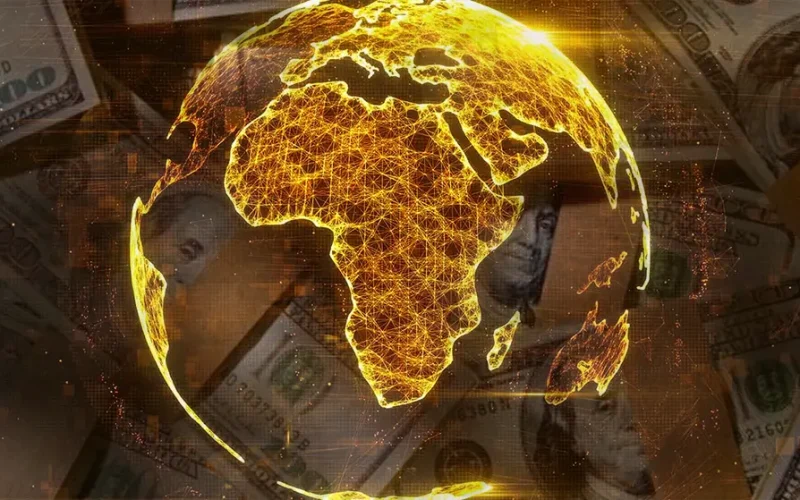
Africa’s private wealth to jump to $4 trillion by 2034
PRIVATE wealth in Africa will leap 65% over the next decade to US$4 trillion in new annual estimates, fuelled by growth in fintech, eco-tourism and business process outsourcing. Additional sectors like software development, rare metals mining, green tech, wealth management, media, and entertainment will further bolster the continent's wealth surge, according to the Henley & Partners Africa Wealth Report 2024. The international wealth advisory firm said Africa now has US$2.5 trillion in investable wealth and its millionaire population is set to rise by 65% or 223,080. Non-state wealth in 2022 stood at US$2.1 trillion and was expected to grow by…

